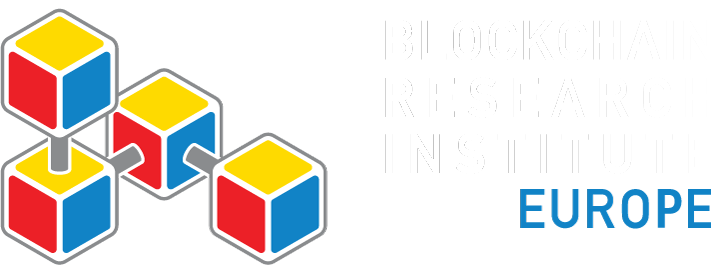Food Traceability on Blockchain
Report Overview
Author: Reshma Kamath
Release Date: September 28, 2017
Abstract:
This case study looks at Walmart’s pilot projects with IBM to track mangoes in the Americas and pork in China, from farm to table with focus on food safety. Blockchain technology helps to identify the source of contamination quickly, so that food producers, processors, distributors, and retailers can act quickly and protect the public from harm.
